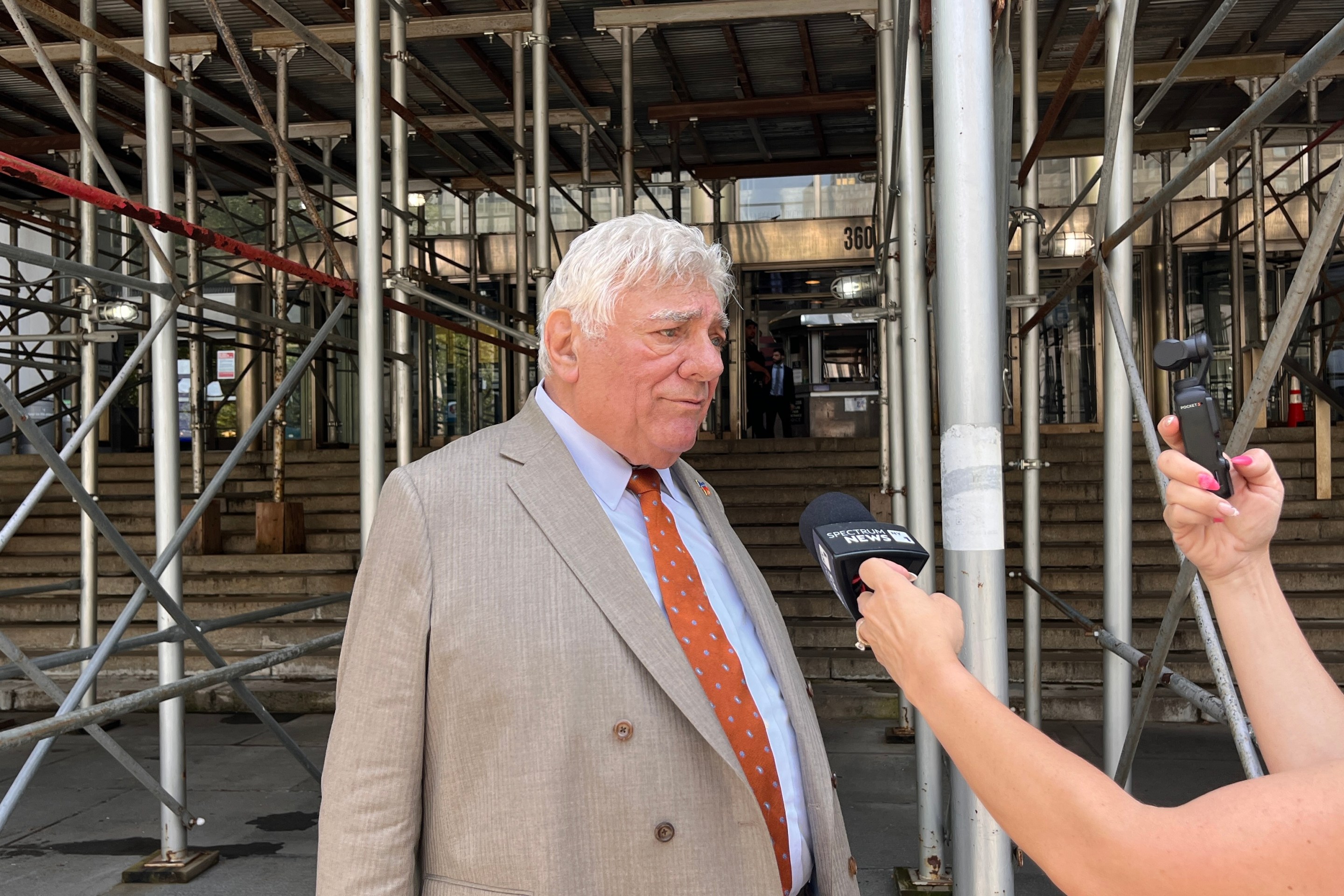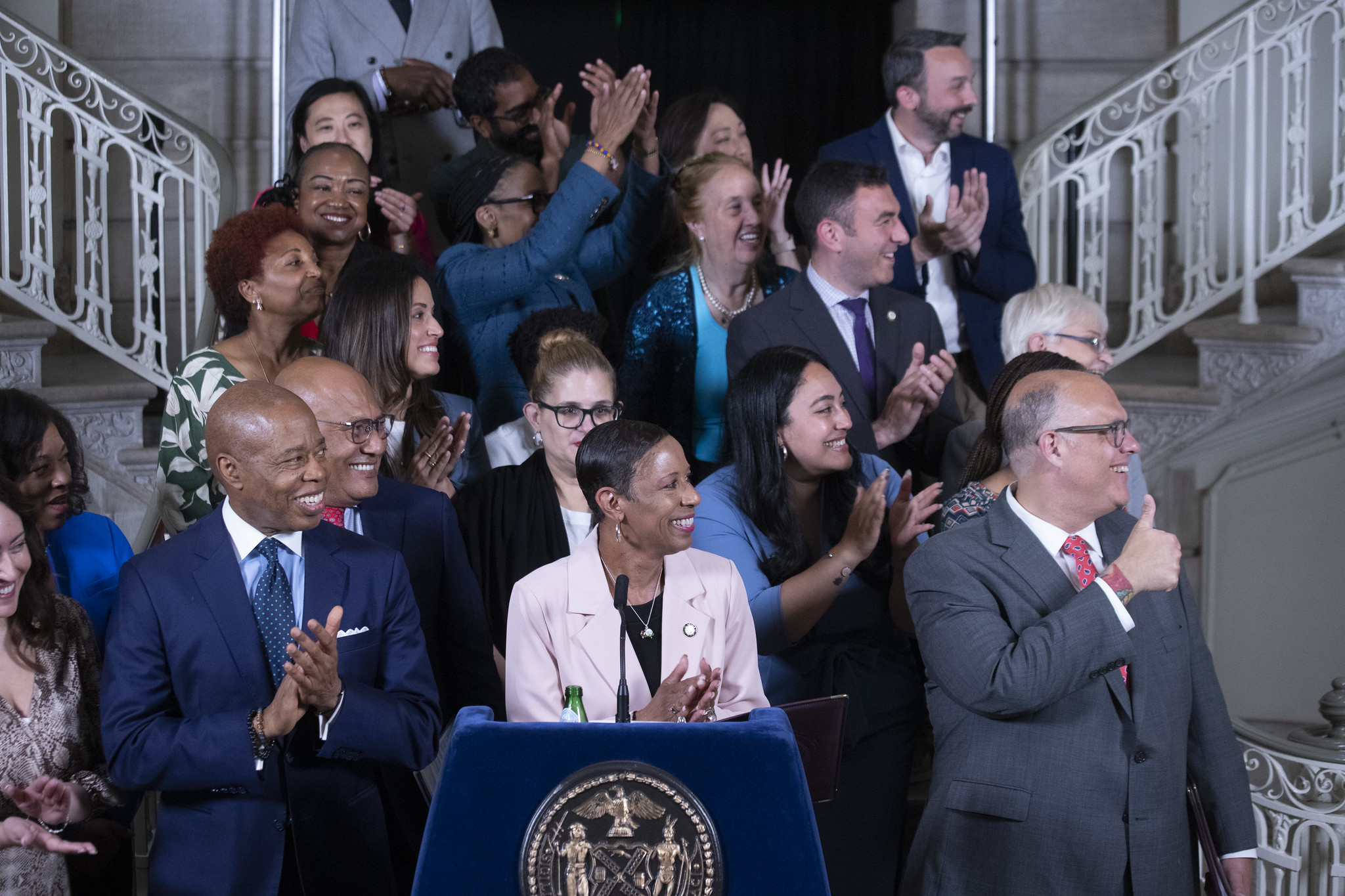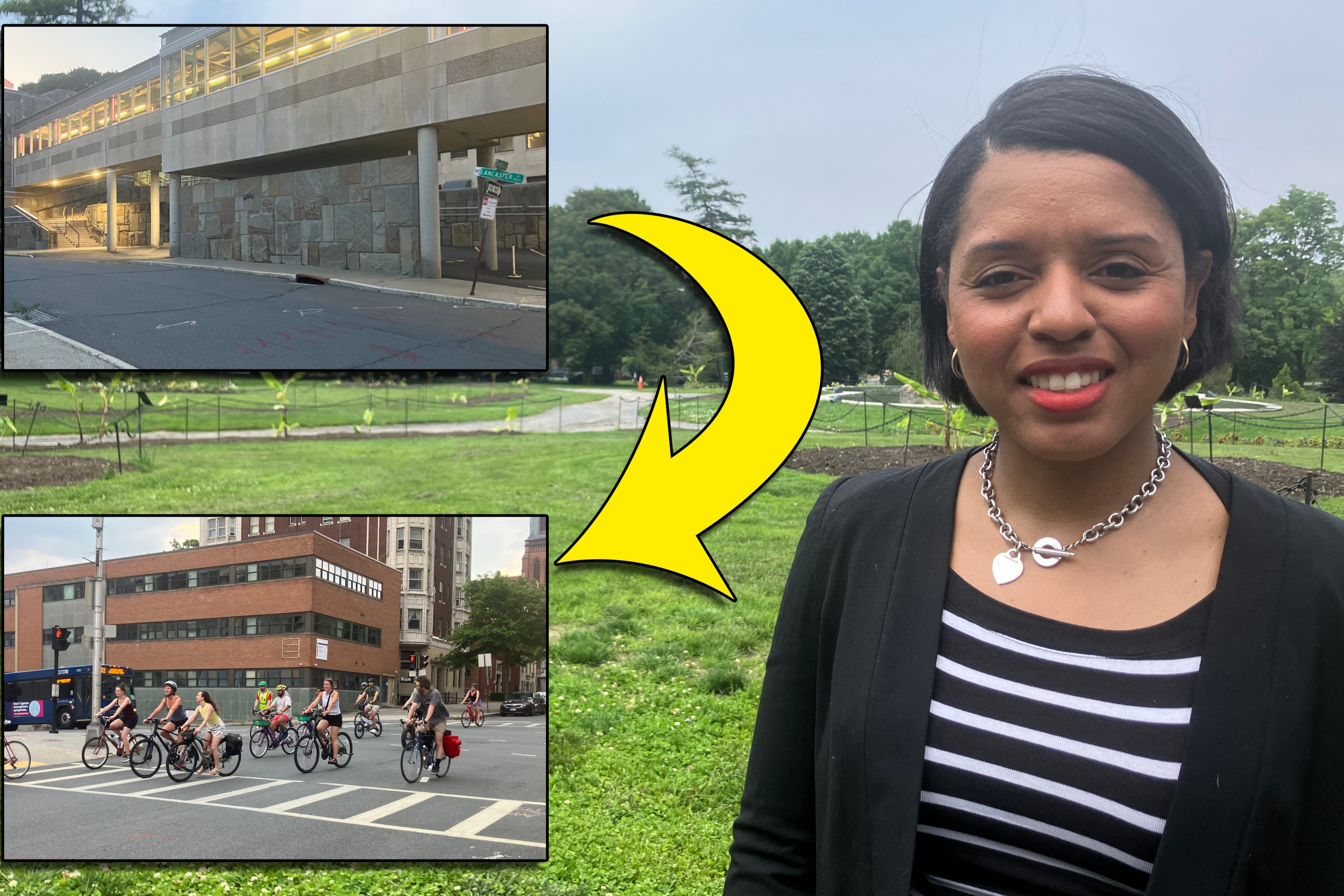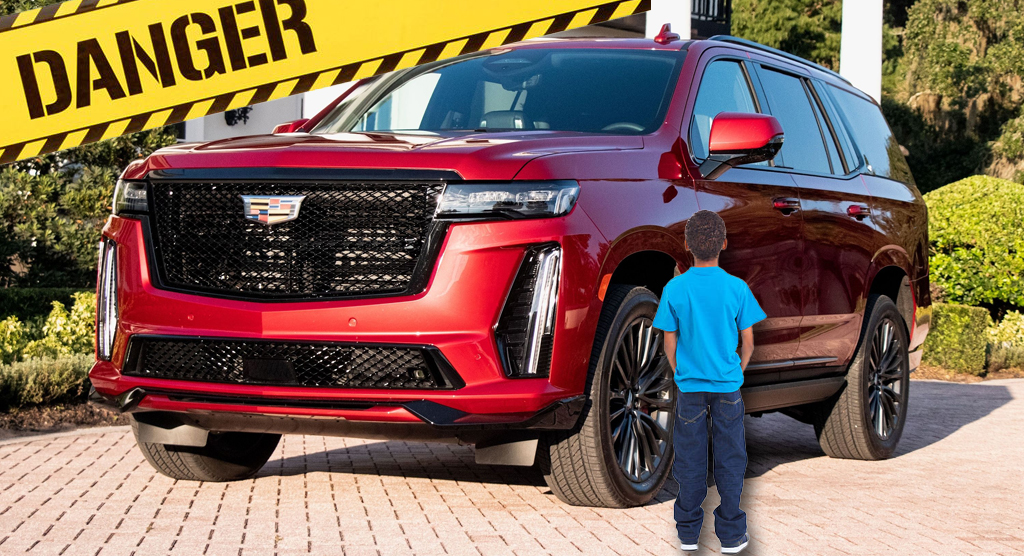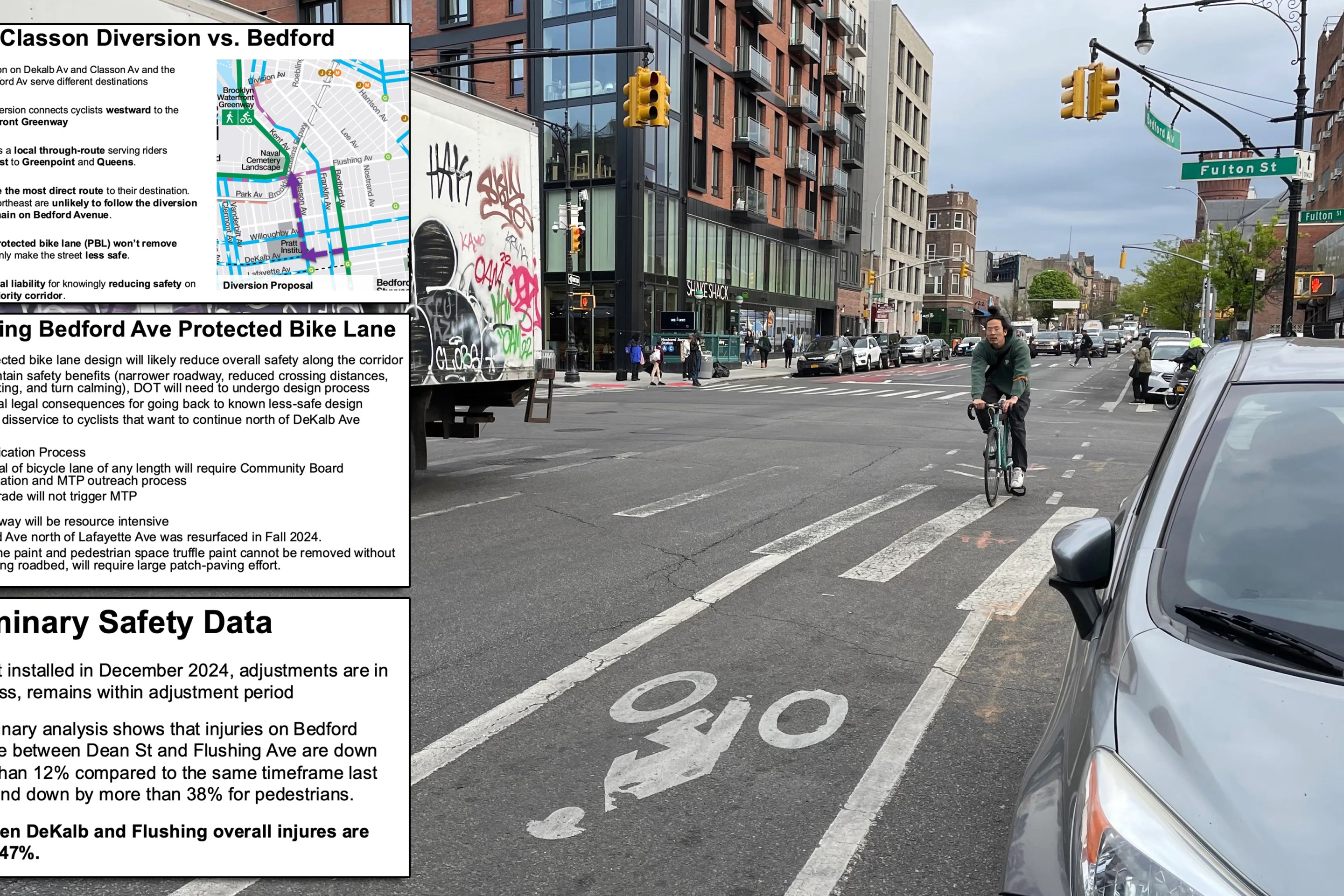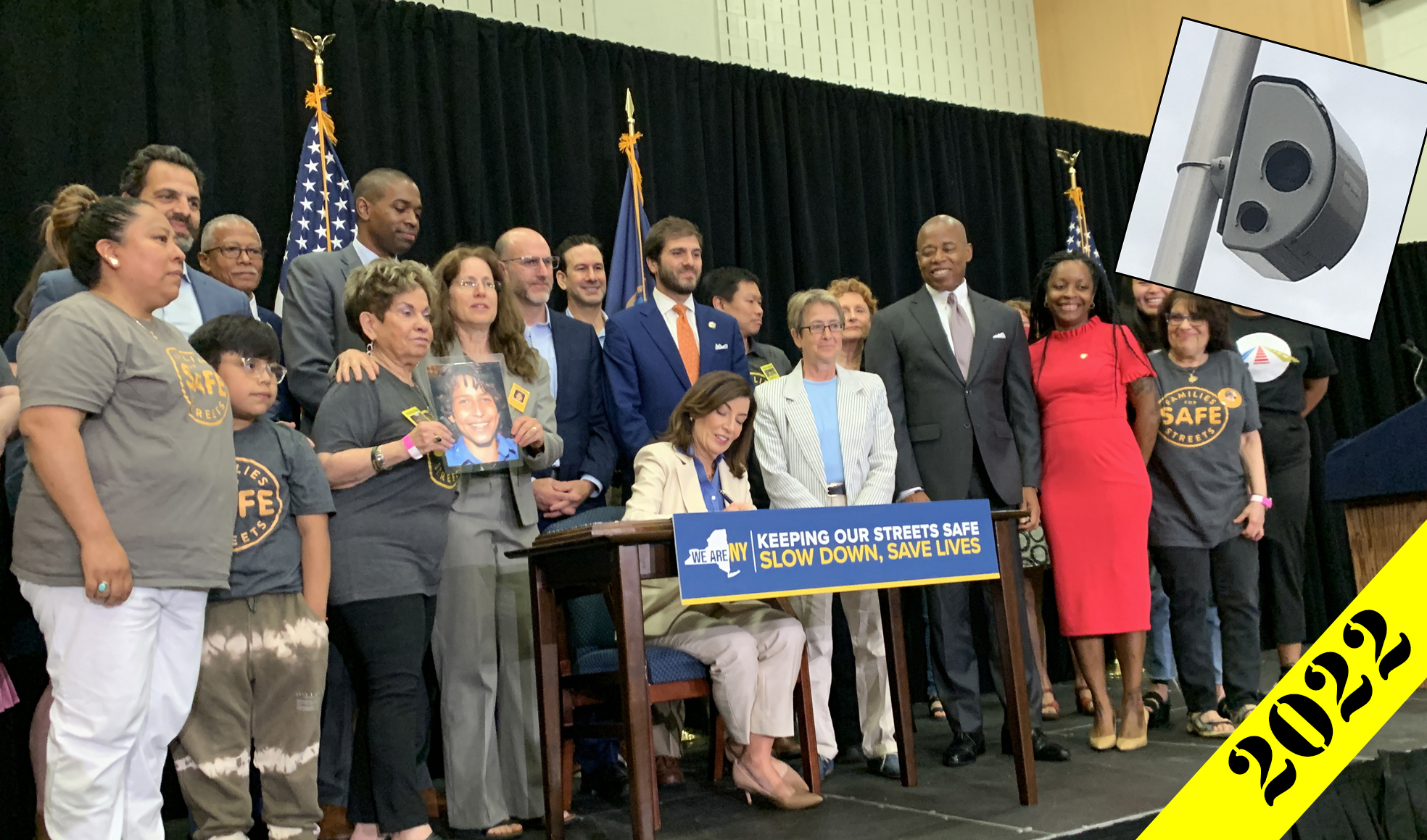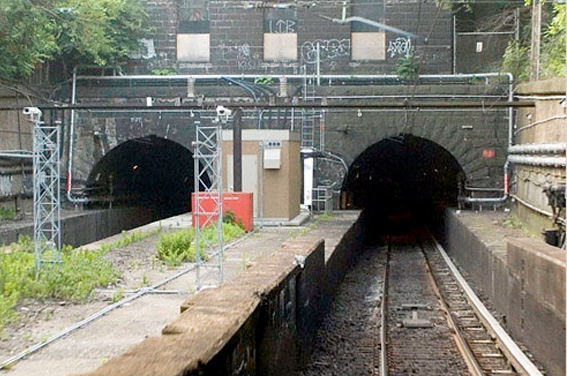
Last night, the Museum of the City of New York hosted a panel discussion about the future of large-scale transportation projects in the region. Hosted by New York Times reporter Michael Grynbaum, the panel -- the RPA's Jeff Zupan, MTA Capital Construction's Michael Horodniceanu, the General Contractors Association's Denise Richardson, and the Pratt Center's Joan Byron -- engaged in a wide-ranging conversation, which covered everything from the demise of the ARC tunnel to the high cost of transit projects and the question of whether New York's transit system is too focused on Manhattan and rail.
Here are a few of the more interesting comments from the event:
- Zupan, who was director of planning at New Jersey Transit for ten years, said that plans to replace ARC were pipe dreams. "We're not going to see any of that money any time soon for a substitute," he said. "To think that we're going to find a substitute for ARC I think is really folly."
- "It was a totally political decision," Horodniceanu said of the ARC cancellation. Christie "didn't conceive of it" and "won't cut the ribbons."
- There was agreement that federal regulation is slowing down and adding to the cost of transit projects. "I think of myself as an environmentalist except when I look at the NEPA process," said Zupan. Byron pointed to the "tortured" process for receiving federal transit aid, which she compared to highway spending, where the feds "just write the state departments of transportation a big check."
- The untolled interstate system has created a sense that "when I drive my car, it's free," said Richardson. "We have lost the concept of being willing to pay for all the things we use."
- Noting the amount of spending on the MTA's four Manhattan-based mega-projects (the Second Avenue Subway, the 7 extension, East Side Access and the Fulton Street Transit Center), Byron said that many New Yorkers are "paying an inordinate share of the cost of expanding infrastructure [through the farebox] and not receiving a proportionate share of the benefits." Continued Byron, "If people are not feeling the love for the MTA and its capital program, maybe there's a reason for that."
- Horodniceanu explained that he was very concerned with the future of those transit projects if the state doesn't find money for the MTA's capital program. "If there's no money in 2012 and 2013, we'll slow down until the money will come back," he said. If the state waits until the economy heats up, however, the current moment of cheap construction costs will have passed.
- Zupan argued against spending billions to include commuter rail across the Tappan Zee Bridge, saying it wouldn't have high enough ridership. "That's one of those Manhattan-centric projects that I think Joan and I can both get against," he said."
- The discussion mostly focused on transit, but when asked about bikes, Zupan said that "We have the specter of the former DOT commissioner suing the city because they're putting a bike lane in in Brooklyn. That's horrible."
- The otherwise quiet audience burst into applause when Byron suggested that bringing countdown clocks to buses would be even more important than bringing them to the subway. Byron pointed out that buses were in fact popular, prompting Grynbaum to respond, "I'll have to tell my editors about that."
